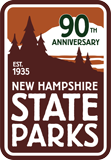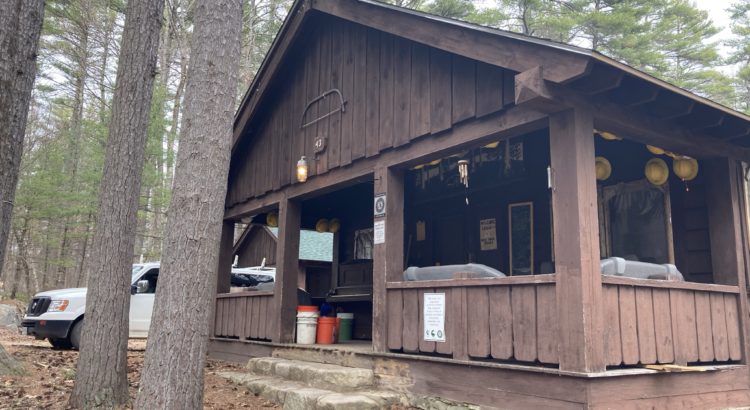By: Corrina Yobp
In Bear Brook State Park, nine digital educator naturalists have been living and working together since January as part of the Student Conservation Association New Hampshire AmeriCorps program. In previous years, educators went to classrooms in schools nearby to teach children about nature. Of course, the experience this year has been considerably different in response to the pandemic.
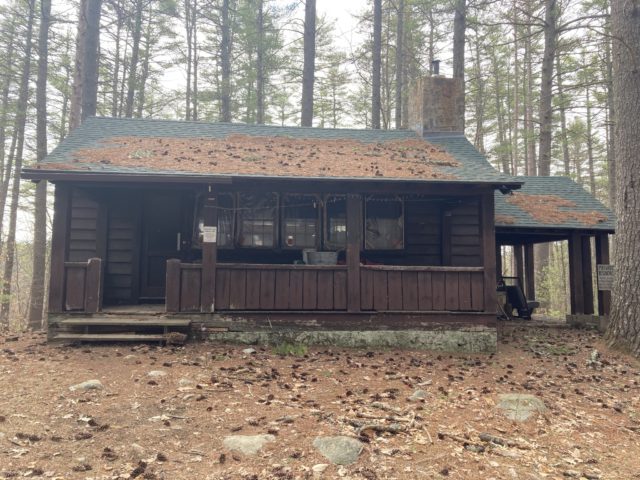
These educators work in pairs called teaching teams, and they now have to get creative with methods of educating students in a completely digital setting. The main issue at the park with digital content is the extremely limited Wi-Fi available in a place that was not meant to be a technological hub. One solution to this problem was offered by Volunteer New Hampshire, which supplied an office space with reliable internet in Concord for the program. Every week, one lucky group gets to interact with the kids in their classes as they teach them synchronous lessons over video calls.
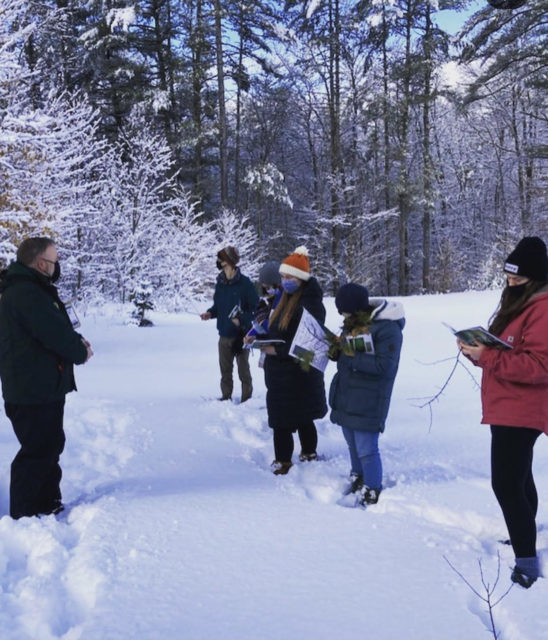
When teaching teams are not able to be live with students, they mostly teach asynchronous lessons each week. This just means that the SCA groups give teachers lesson plans, videos, slideshows, activities, crafts, and other content that they can provide to students at any point. Some lessons this season have introduced students to wildlife adaptations, tree identification, night sky constellations, the water cycle, and many other topics. Most of the working week is devoted to figuring out the best way for these typically outdoor lessons to be taught online and then creating the materials to share with teachers. Lessons are made as interactive as possible with pauses in videos for class discussion or additional activities that teachers can facilitate.
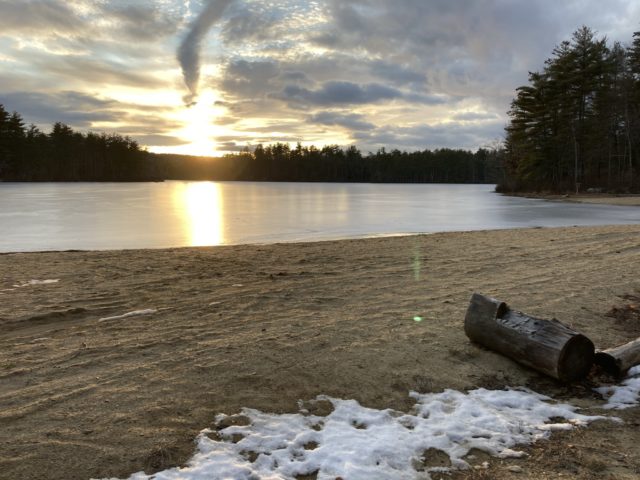
Members and staff came into the program with concerns about being able to connect with students without ever getting to meet them face to face. Groups have adapted pretty well to the challenge. Some communicate with students by responding to the journals they make with pictures and descriptions on Google Slides. Many groups also typically have at least one synchronous video call each week with afterschool programs that have been prioritized for Wi-Fi usage. Teaching teams get to know these kids especially well, and some students in these afterschool programs even have classes with other SCA groups throughout their week.
The weekly lessons of education season are wrapping up in early April to make way for field trip season, which lasts until the first week of May when the program ends. Members will need to use the same problem-solving skills from education season to think of cool ways to inspire students to get outside in nature. Watch this space for a digital field trip to Bear Brook, which will be coming at the end of April!
